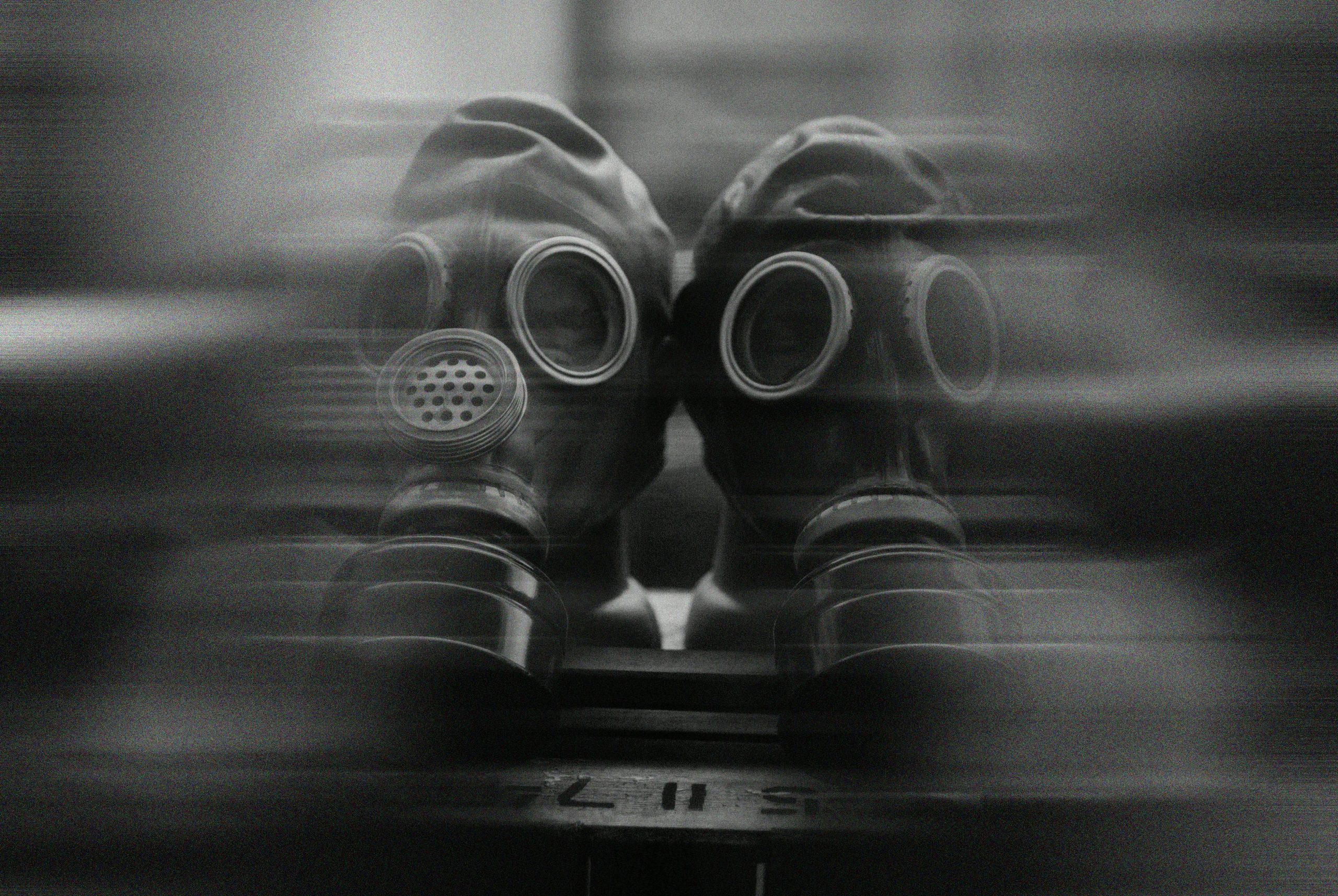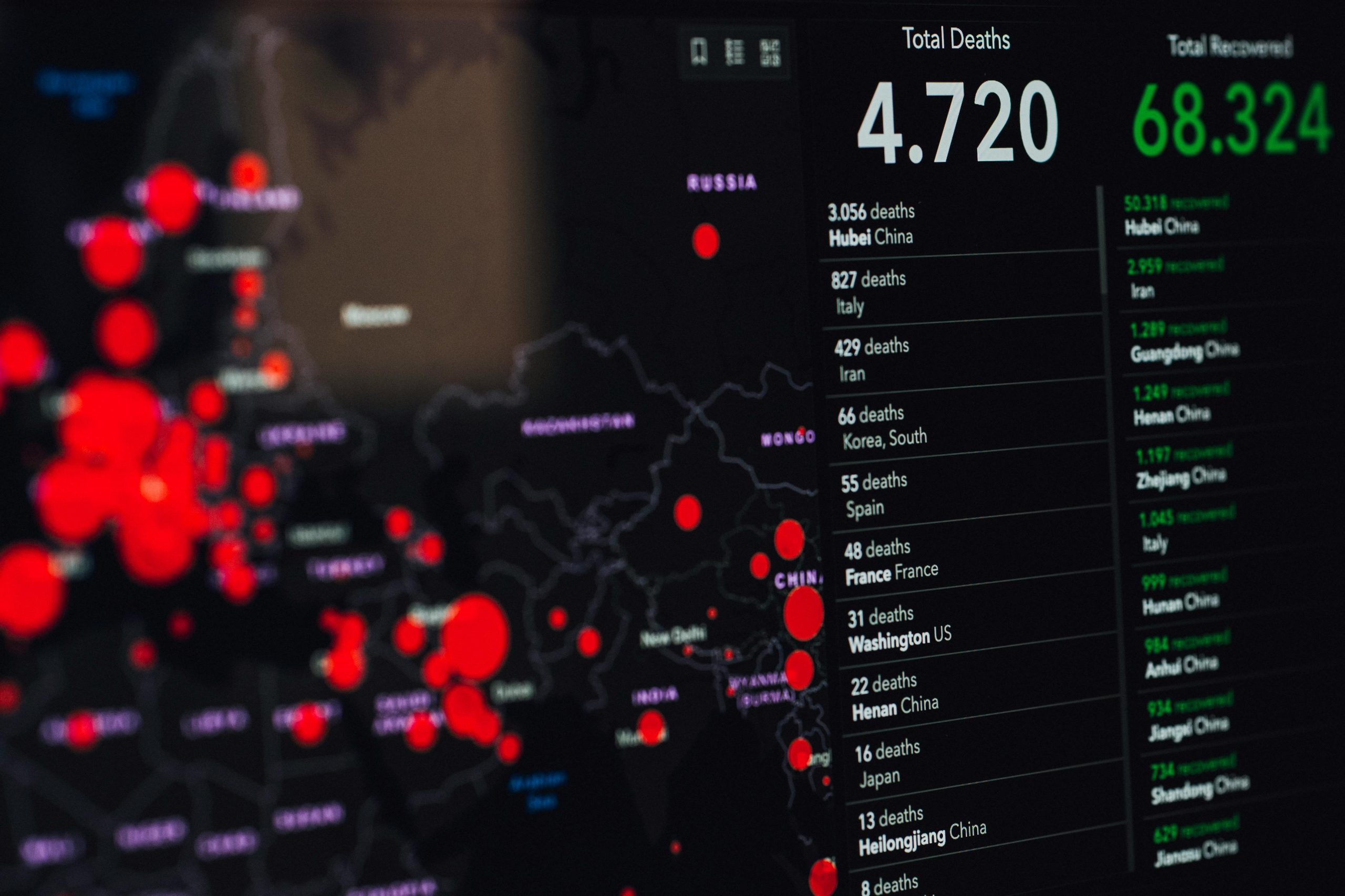The Modern Workplace: A Form of Subjugation?
In contemporary society, many individuals grapple with the nature of work and its implications for personal freedom and well-being. While it is essential to acknowledge the horrors of historical slavery, there are nuanced parallels that some draw between modern employment and forms of oppression.
At first glance, we might take comfort in the freedoms afforded by our ability to drive where we wish during our leisure time. However, a deeper examination often reveals a troubling reality: for many, work can feel like a kind of servitude. Although we are not subjected to physical violence in the workplace on a daily basis, certain jobs can impose their own forms of hardship, both physically and mentally.
Consider roles that demand extended periods of standing for 12-hour shifts or those placed in extreme environments, whether they be frigid freezers or sweltering heat. While we receive compensation for our labor, the notion of a “livable wage” remains contested. Many find themselves at the lower rungs of the economic ladder, struggling to meet basic needs while navigating a system that seemingly prioritizes corporate profit over employee well-being. The reality is stark: without our employers, most would lack access to health insurance and other essential benefits.
This environment fosters a sense of exploitation, as those in power benefit from the hard work of others while compensating them minimally. The pressure to conform and comply in the workplace is palpable; deviating from established norms can lead to dismissal, leaving workers in precarious positions where they must choose between stability and survival. The relentless quest for control in this dynamic can reduce individuals to mere cogs in a machine, working tirelessly for the benefit of others.
It’s worth noting the distinction between historical slavery—which was involuntary—and contemporary employment, which is ostensibly consensual. Many of us accept our roles not out of desire, but out of necessity, often feeling as though we have little choice in the matter. Despite the differences in coercion, the underlying issues of greed and systemic inequity are still evident.
Human beings deserve the right to pursue happiness and lead fulfilling lives, rather than merely existing to generate profit for others. The current state of capitalism raises significant ethical questions and challenges the notion of what it means to be a productive member of society.
What are your thoughts on this complex issue? Are our modern workplaces serving us, or are they perpetuating a cycle of exploitation? Let’s discuss!



